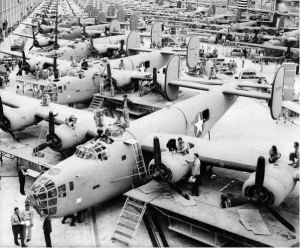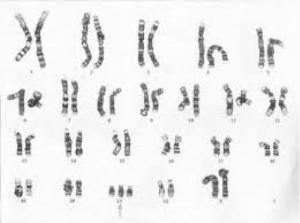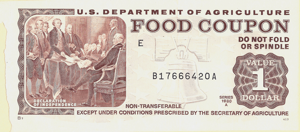By J.D. Alt
 I’m nearly finished with a very long book that may well be the best illustration of the basic principles of Modern Money Theory available. The book is “A Call To Arms,” by Maury Klein. It is an historical account of the U.S. mobilization as it prepared for, and engaged in, war with Germany and Japan. The scale of the task was unprecedented in human history—and the accomplishment of it changed not just the structure of the American economy, but American society as well. What is striking about the story—and the monumental effort to quickly build, virtually from scratch, the largest and most sophisticated war machine ever to exist on the planet—is that there is nary a peep of concern or argument about how this enormous task would be paid for. All of the anguish and struggle had not to do with finding enough “money” to pay for things, but rather with finding enough things to buy—and enough skilled labor to properly marshal it all together. In the end, virtually every real resource available in the continental U.S.—oil, gas, steel, aluminum, rubber, copper, sugar, tin, and man-hours of labor—was purchased by the Federal government to build the Army, Navy, Air Force and Marine Corps that ultimately defeated the Axis powers. The scale of the sovereign spending is almost beyond comprehension—especially given the fact that, at the starting gate, the U.S. economy was still decimated and impoverished by the Great Depression. At the finish line, however—VJ day, September 2, 1945—the U.S. had become the most powerful, efficient, and equitable economic power the world had ever seen. So how did it all get paid for? And even more important, how did we travel from that VJ day of economic triumph to our sorry state of today, where we think we are so “broke” we can’t even afford to hire enough fire-fighters and equipment to put out the forest-fires raging in our western states?
I’m nearly finished with a very long book that may well be the best illustration of the basic principles of Modern Money Theory available. The book is “A Call To Arms,” by Maury Klein. It is an historical account of the U.S. mobilization as it prepared for, and engaged in, war with Germany and Japan. The scale of the task was unprecedented in human history—and the accomplishment of it changed not just the structure of the American economy, but American society as well. What is striking about the story—and the monumental effort to quickly build, virtually from scratch, the largest and most sophisticated war machine ever to exist on the planet—is that there is nary a peep of concern or argument about how this enormous task would be paid for. All of the anguish and struggle had not to do with finding enough “money” to pay for things, but rather with finding enough things to buy—and enough skilled labor to properly marshal it all together. In the end, virtually every real resource available in the continental U.S.—oil, gas, steel, aluminum, rubber, copper, sugar, tin, and man-hours of labor—was purchased by the Federal government to build the Army, Navy, Air Force and Marine Corps that ultimately defeated the Axis powers. The scale of the sovereign spending is almost beyond comprehension—especially given the fact that, at the starting gate, the U.S. economy was still decimated and impoverished by the Great Depression. At the finish line, however—VJ day, September 2, 1945—the U.S. had become the most powerful, efficient, and equitable economic power the world had ever seen. So how did it all get paid for? And even more important, how did we travel from that VJ day of economic triumph to our sorry state of today, where we think we are so “broke” we can’t even afford to hire enough fire-fighters and equipment to put out the forest-fires raging in our western states?
Continue reading →














